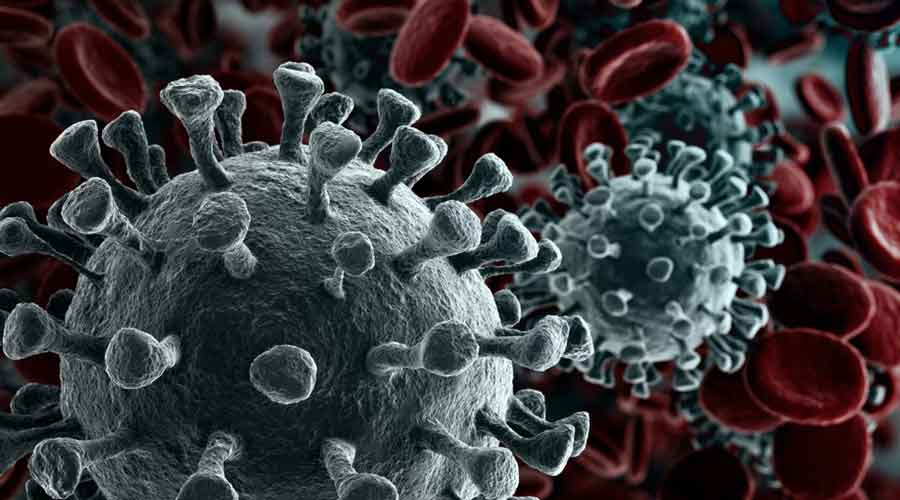A global vaccine development coalition has agreed to fund an Indian academic-industry research effort to develop a broad-acting vaccine against SARS-CoV-2, the virus that causes Covid-19, and other closely related viruses to address future pandemics.
The Oslo, Norway-based Coalition for Epidemic Preparedness Innovations (CEPI) announced on Monday that it would provide $12.5 million (Rs 93 crore) to the effort to create a novel vaccine designed to simultaneously protect people from multiple betacoronaviruses.
Scientists with Panacea Biotec, an Indian vaccine maker, and the Translational Health Science and Technology Institute (THSTI), a government research centre, jointly developing the vaccine hope to complete safety and immune response studies in 15 to 18 months.
SARS-CoV-2 is the third betacoronavirus to have caused a worldwide epidemic after SARS-CoV-1 spread to 29 countries between 2002 and 2004 and MERS caused multiple outbreaks across 21 countries during 2012, 2015, and 2018.
Betacoronaviruses mainly infect bats, but some also have the capacity to infect other mammals such as rodents, camels and humans. Scientists believe increased contact between humans and wildlife through food, water, or environment increases the risk of viruses slipping into humans.
“The issue is not if but when will a new betacoronavirus cause a fresh epidemic,” said Syed Khalid, Panacea Biotec’s chief scientific officer. “Our vaccine is designed to be effective against all known betacoronaviruses and possible future betacoronaviruses.”
The Panacea-THSTI vaccine will feature so-called “conserved” protein segments found on multiple betacoronaviruses and intended to train the body into simultaneously inducing immune responses against a broad array of betacoronaviruses.
“SARS-CoV-2 will not be the last coronavirus to infect humans, and there is nothing to stop the next one being even more deadly or contagious,” said Richard Hatchett, chief executive officer at CEPI, an international coalition supported by a mix of philanthropic donations and government funds.
“It is therefore vital for global health security that we invest now in research to develop vaccines that are broadly protective against the variants of SARS-CoV-2 and other coronaviruses before they emerge,” Hatchett said in a media release.
Under CEPI funding, Panacea and THSTI will jointly conduct proof-of-concept lab and animal studies and clinical assessment through so-called phase I/II studies that will evaluate the candidate vaccine for safety in humans and its ability to generate intended immune responses.
A panel of international experts selected the Panacea-THSTI proposal for funding under a global call for research proposals by CEPI, a partnership between public, private and philanthropic agencies launched in 2017 to focus on developing vaccines against emerging lethal viruses.
CEPI has currently over 20 vaccine candidates under various stages of development.












